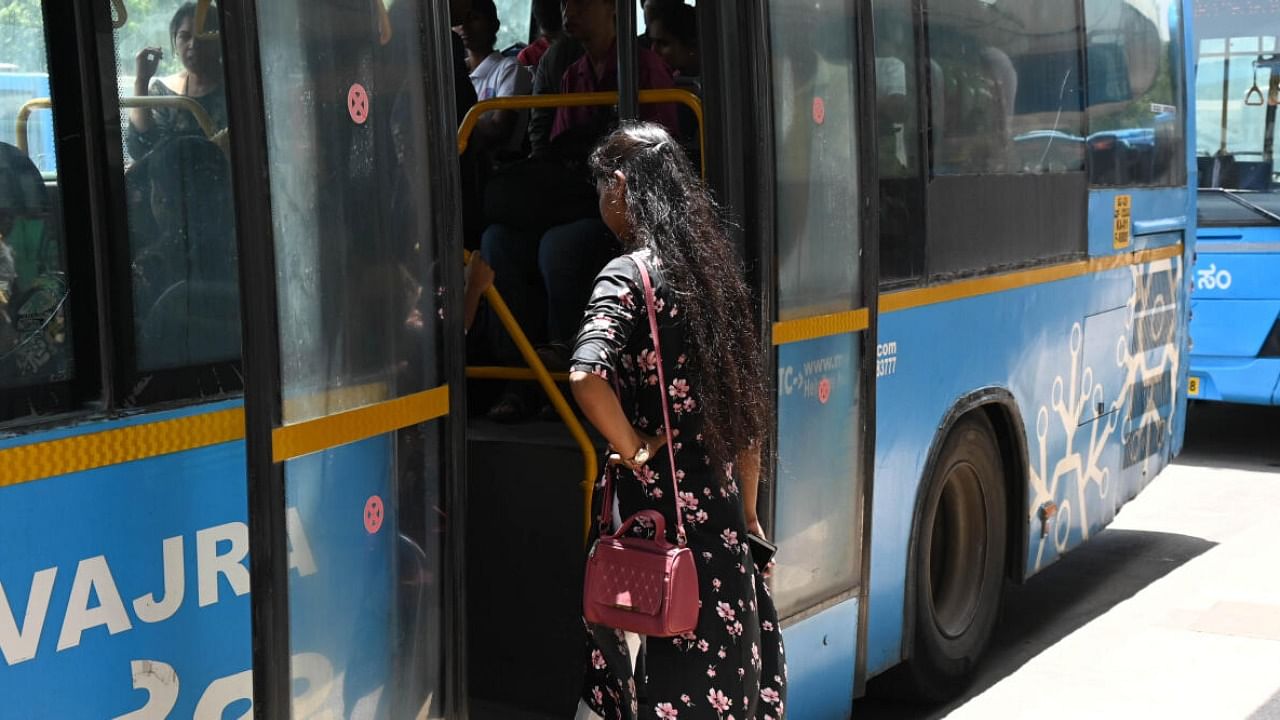
With the launch of free travel for women in state-owned buses on Sunday, the Karnataka government has ticked the first box in its scheme of five guarantees. Called Shakti, it is a laudable scheme which benefits millions of women and has welcome social and economic outcomes for the entire state. But it falls short of the original promise, or what the promise was generally expected to be, and has even raised concerns over some aspects of its implementation. The service is limited to women domiciled in Karnataka who can produce an identity document and can get a smart card made on the basis of the document. The Congress election manifesto had promised ‘’free travel to all women throughout the state’’ but by limiting the facility to women with a state identity, the government has introduced some fine print.
In Tamil Nadu and Delhi, where free travel is available for women, all women are eligible. They are issued zero fare tickets with no questions asked about identity other than gender. The requirement of ID and smart cards makes Shakti inaccessible to large numbers of women, especially those in rural areas who do not travel frequently. Most migrant women, who contribute majorly to the state’s economy and need the facility, will not be able to access it. From a practical point of view also, the exclusion does not make much sense. The cost of infrastructural and logistical arrangements to be made to limit the benefit to domiciled women will most likely outweigh the cost of providing it to non-domicile women. Enforcement will have human costs and difficulties. The transport corporations will have to ensure that only eligible persons travel for free. This will be onerous and involve extra work, supervision and checking. When it is onerous, it will be perfunctory. The design of the scheme has on it a typical bureaucratic stamp, putting a premium on documentation and procedure and revelling in exclusion.
There are other concerns, like those over data privacy and technical glitches in the use of smart cards. The apprehensions are that the personal travel data of women generated through smart cards could lead to gender-based violence. The information may or result in other consequences, and also be commercially misused. Above all, the question is why the government cannot be gracious and generous in the framing and implementation of a scheme that touches the lives of millions of women. It should open Shakti up for all women and make it simple, without questions and cards.